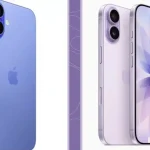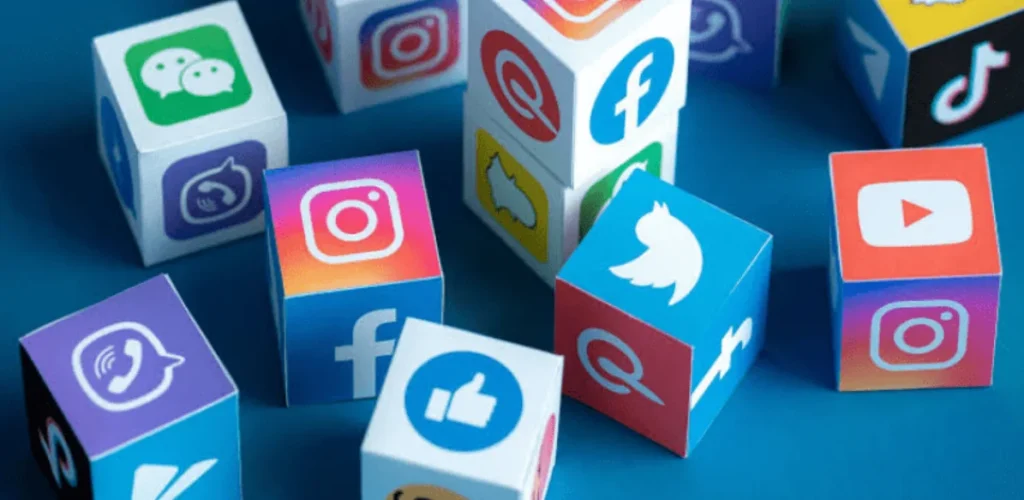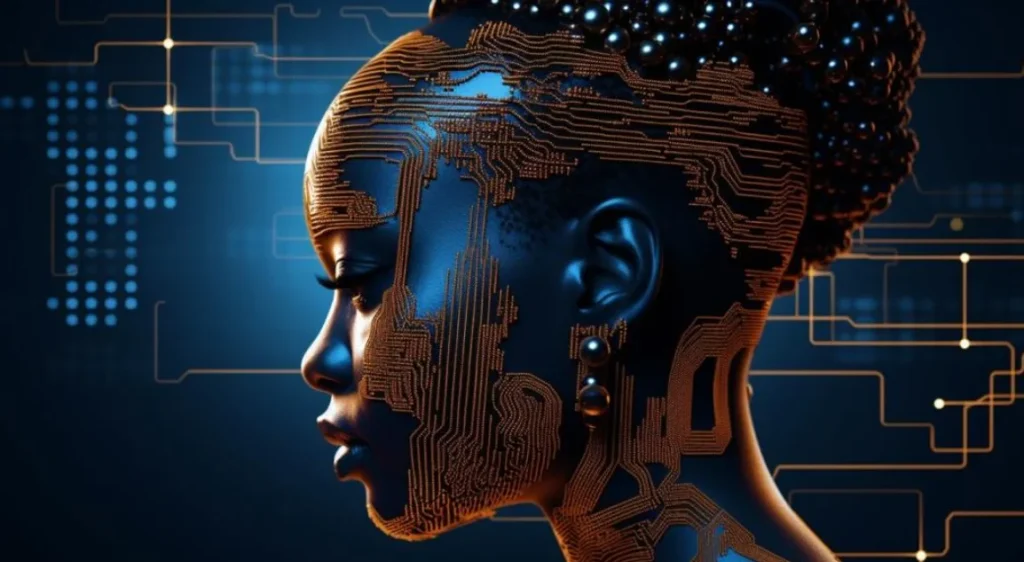The digital revolution has touched nearly every aspect of daily life. From financial companies moving away from paper trails to medical files going fully digital, technology has become an integral part of modern living. Even coffee shops now accept digital wallets for payments and tips. Naturally, entertainment has followed this trend, with online platforms reshaping how people consume media and enjoy leisure activities.
This article explores the digital shift in leisure, examining how traditional hobbies are fading while new, tech-driven entertainment habits are emerging.
The Rise of Digital Platforms
One of the most visible changes in entertainment is the sheer number of online platforms available today. Streaming services such as Netflix, Disney+, and Amazon Prime Video have become household staples. Yet, digital leisure extends far beyond movies and TV.
Online Gaming and iGaming
The gaming industry has exploded with innovations in both casual and competitive formats.
- iGaming (online casinos): Classics like blackjack and roulette have been elevated with live dealer streaming, offering users a more authentic and interactive experience.
- Mobile gaming: Titles like Genshin Impact showcase console-quality visuals on smartphones, redefining expectations for free-to-play games.
- Browser-based games: Accessible entertainment without downloads, catering to users who want instant fun.
These developments highlight how gaming has become one of the most popular forms of digital entertainment worldwide.
Free Digital Entertainment Online
Not all digital entertainment comes with a price tag. Platforms like YouTube and Twitch dominate the free content space.
- YouTube: A hub for virtually every niche—history, gaming, education, and lifestyle content. While ads are a frequent complaint, YouTube Premium offers an ad-free experience for subscribers.
- Twitch: Originally designed for gaming, Twitch has evolved into a platform hosting streams on politics, film reviews, anime discussions, and more.
Both platforms thrive thanks to technological advancements in streaming, giving users endless free entertainment options.
Improvements in Existing Entertainment
Digital technology hasn’t just created new forms of entertainment—it has improved traditional media as well.
Streaming Services
While Netflix only began streaming in 2007, it’s hard to imagine a world without on-demand movies and series. Streaming has eliminated the need for cable TV schedules, giving users control over when and how they consume content.
Podcasts
Podcasts represent the digital evolution of traditional radio shows. Unlike radio, podcasts allow listeners to tune in anytime, with entire archives available on demand. Topics range from casual conversations to specialized deep dives in music, philosophy, and more.
Conclusion
The digital shift in leisure is undeniable. With online platforms at the forefront, traditional hobbies are evolving while new habits are forming. From streaming and gaming to YouTube and podcasts, digital technology continues to shape the way we relax, learn, and entertain ourselves.
As technology advances, one thing is clear: entertainment will keep adapting to meet the expectations of a digital-first world.










